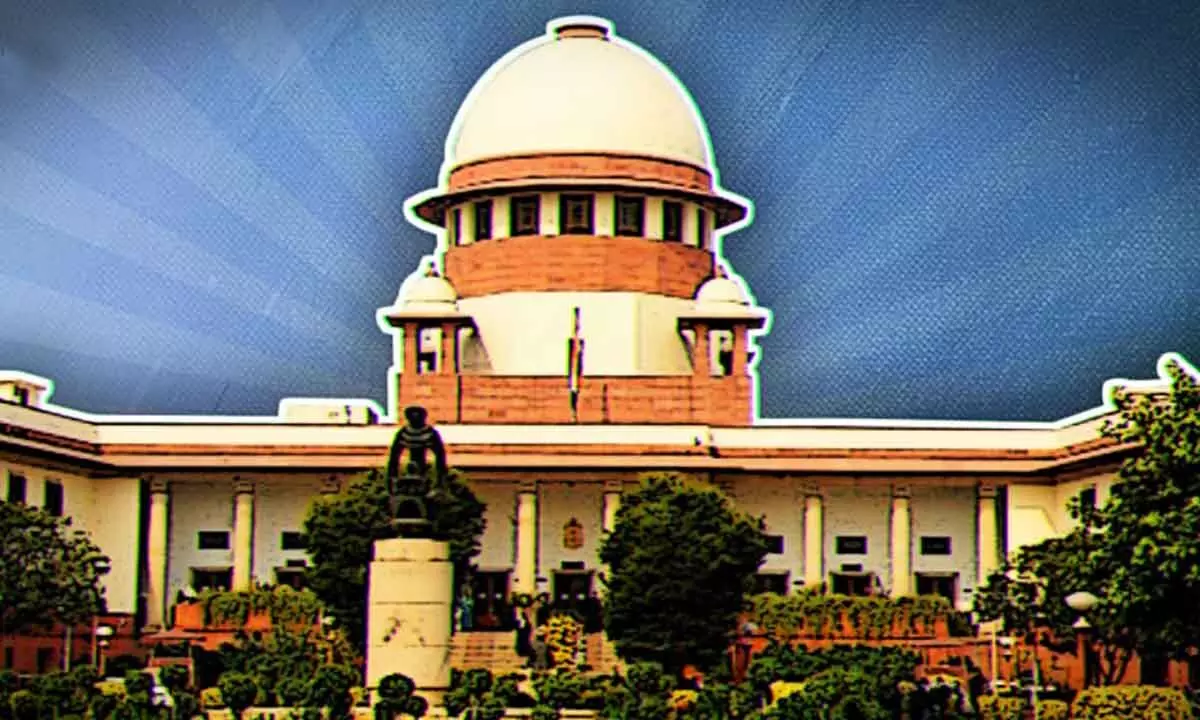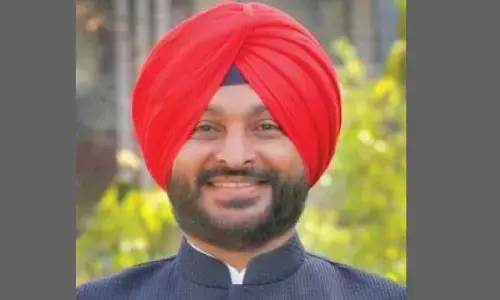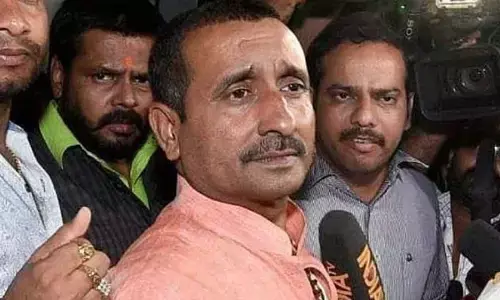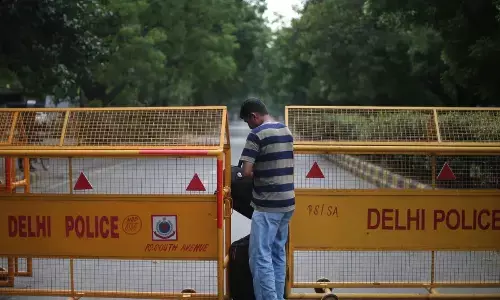SC upheld principles of free & fair elections

Crony capitalism, or simply cronyism, refers to the practice of businesses to profit from a close relationship with those in power, through manipulation of laws and regulations or extraction of any largesse, often at the expense of the general public. It is particularly harmful to democracy as it undermines its core principles: fairness, equality, and transparency. It is a situation in which a small group of powerful individuals or corporations unfairly or unduly get benefited by government policies and decisions. They seek various benefits in exchange for financial contributions. This sort of corruption bleeds the financial system, more so, taxpayers.
As crony capitalists get tax sops, waivers, easy licensing, or other largesse etc., competing businesses are denied a level-playing field. And if such capitalists get to make any amount of donations to political parties and if the system allows anonymity for them, and frees both parties of the obligation of any legal disclosure, it leads to lack of transparency and accountability; and, even anti-corruption laws would matter little in this regard. This is akin to corrupt individuals or entities increasing their wealth – without creating any benefits or wealth to the society. They simply pull through a manipulation of the distribution of economic resources. Also, what if rulers misuse their investigation agencies to help the cause of their donors? Fair distribution of wealth in economy gets skewed and it would lead to inequality. According to The Economist, in the past 25 years, the wealth of crony capitalists has increased manifold to $3 trillion in 2023, which is about 3 per cent of the global GDP. And more than 60 per cent of the increase in crony capitalist’s wealth has come from four countries — the US, China, Russia and India. The just scrapped electoral bonds are essentially anonymous political donations. Why should political parties accept such donations at all? Why do they want to keep people in the dark about their funding sources? Wouldn’t this lead to a faulty democratic system that thrives on financial corruption and political funding?
Transparency in political funding is essential to the health of democracy, to prevent political corruption or undue influence of special interests and lobbies. Already, loopholes in election laws give scope for splurging by candidates in the fray. Black money is the biggest problem in Indian elections. Electoral bonds can facilitate illegal funding if anonymity is provided.
Thus, the Supreme Court rightly, and commendably, adjudged that the Electoral Bonds Scheme violates the right to information and freedom of speech and expression under Article 19(1) (a) of the Constitution. It can lead to quid pro quo. It also rightly ruled that the amendment to the Companies Act which allows blanket corporate political funding and anonymity is unconstitutional.
Aimed at providing anonymity to donors with a view to protecting them from vendetta politics, the Modi government’s experiment of electoral bonds unwittingly allowed for “deep association” between money and politics, as highlighted by the Apex Court. Victimisation or retaliation against any donor cannot be a ground for anonymity which allows for absolute exoneration from political accountability. In fact, public knowledge of donors puts checks on both recipient party and its rivals not to misuse their position, by unlawfully benefiting or victimising the donors. Also, crony capitalists will keep off, and political corruption will subside.
Thus, transparency is the guarantor of political accountability. The SC correctly upheld the supremacy of voters (people) over the preferences of politicians (rulers). It is time for a new set of foolproof reforms for political and electoral funding in the country. Strong enforcement of campaign finance laws is the need of the hour. There should be limits on amounts of donations, too, which can curb influence of wealthy donors.








